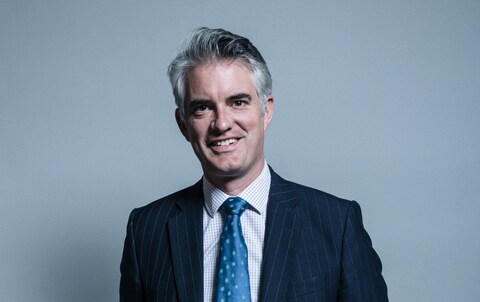Grant Shapps has warned Aviva against any “immoral” withdrawal of backing for defence companies, after a letter it sent to investors triggered a backlash from the Ministry of Defence.
Aviva, which manages £221bn of assets including insurance and pension funds, told customers last week it would be selling out of “certain companies that do not meet our Aviva Baseline Exclusion Policy”.
These would include companies that “might be involved in coal production, weapons/arms, and tobacco production”, the letter said.
The move prompted a swift intervention from Mr Shapps and James Cartlidge, the defence procurement minister, who spoke directly to the company about its apparent policy shift.
Aviva has since sought to downplay the letter and insisted it is not dumping UK defence stocks. It is understood the letter is thought internally to have been poorly worded.
A spokesman said: “Aviva is a massive supporter of, and investor in, UK defence. The UK defence sector plays a critical role protecting the human rights of citizens and supporting international stability. Aviva is a significant investor in UK defence companies, with £600m invested in the sector’s equities, and we have no intention of changing this.”
Aviva’s environmental, social and governance (ESG) exclusion policy document says products that “cause undue human suffering or fatalities” are “fundamentally misaligned” with its “core values”.
